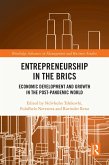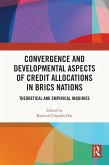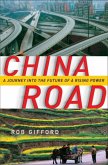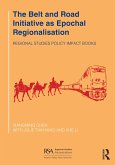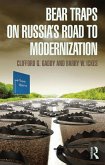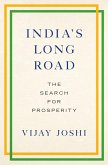The idea that Brazil, Russia, India and China (the "BRICs") are the rising stars of the world economy is now widely accepted. However, the "old" developed nations have not adjusted to the new world order as they struggle with the legacy of the financial crisis. The BRICs and others (especially Korea) have already 'emerged' as economic powers. This requires rapid adjustment in economic policies and especially global economic institutions. This book makes a strong case for a radical overhaul of global economic governance to put these powerful new economies at the heart of decision-making. The author argues that, while the new growth economies still have significant policy adjustments to make, it is also essential for old-world economies to learn from them too and to accept the new order. He looks at the roles of China, Korea and Africa and at the scale of South-South trade. What does all this mean for the EU and for the UK in particular? How should the world engage with the new economic powerhouses?
Dieser Download kann aus rechtlichen Gründen nur mit Rechnungsadresse in A, D ausgeliefert werden.



